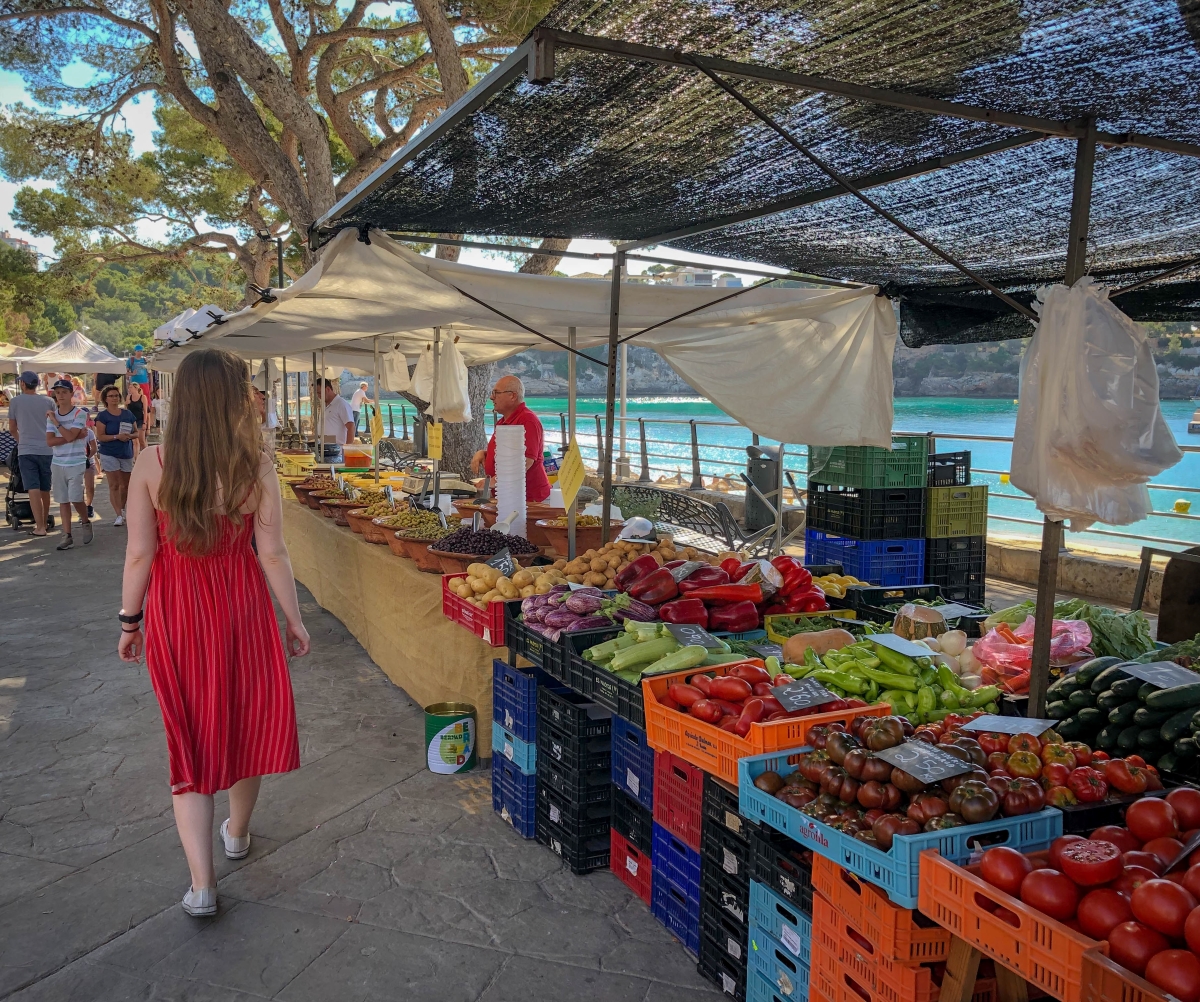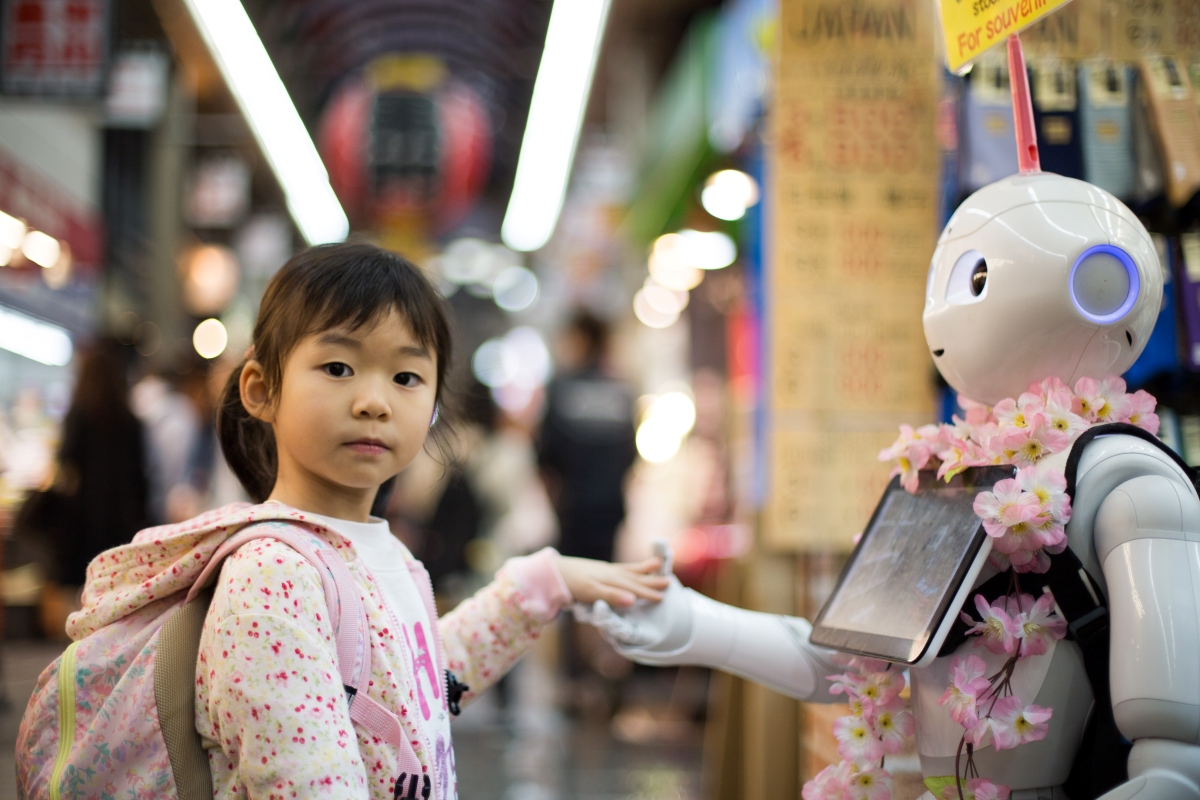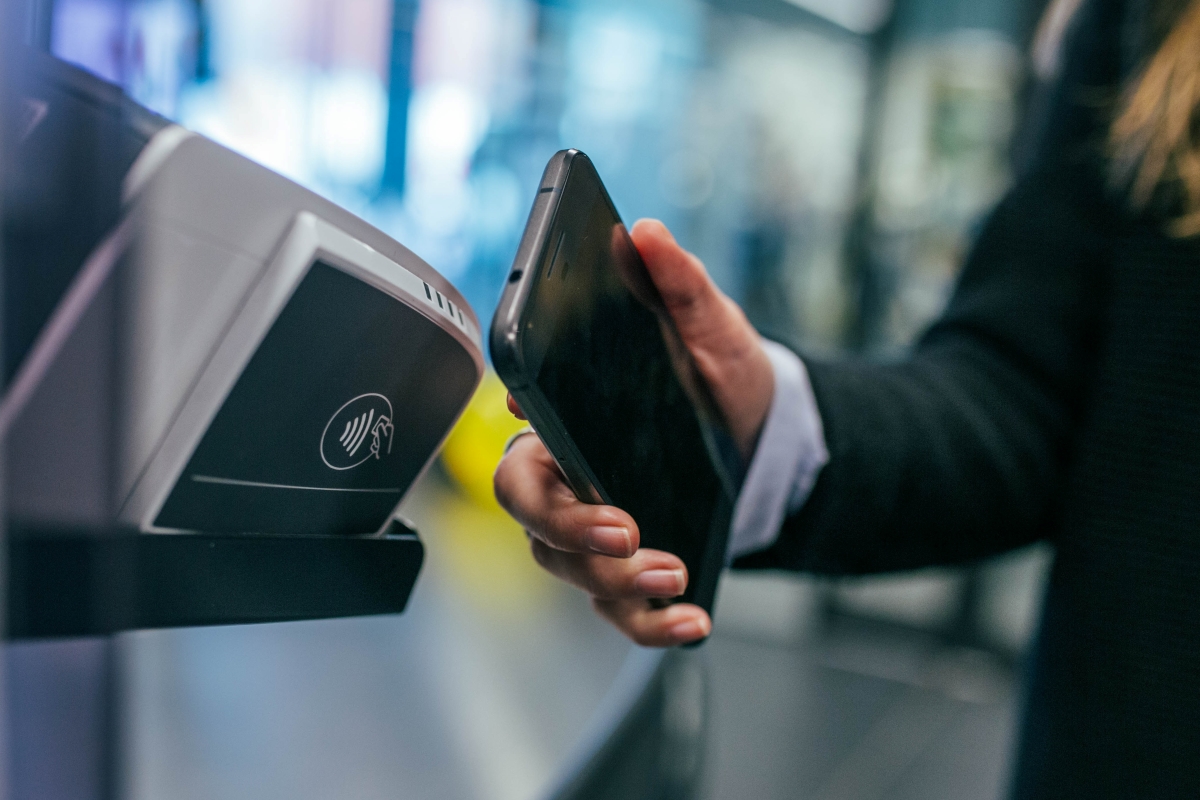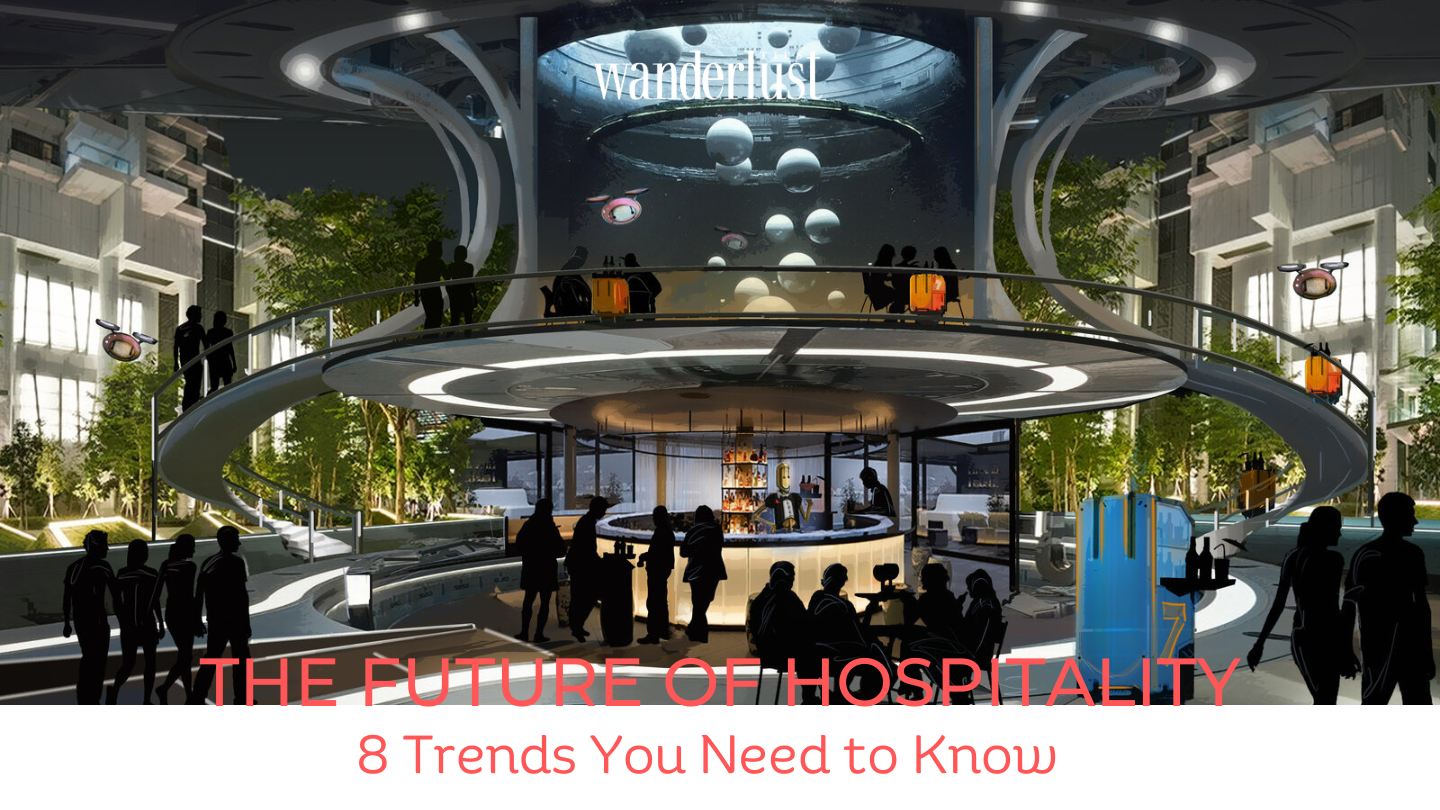The hospitality industry is renowned for being dynamic, with new trends appearing and influencing how hotels and resorts operate their businesses. We’ll look at several of the prevalent hospitality industry trends.
1. Personalization
Personalization is one of the most important developments in the hospitality industry right now. Travelers of today anticipate that hotels will meet their specific requirements and preferences. In line with this trend, hotels are giving visitors personalized recommendations for nearby activities and events, as well as specialized room amenities and specialized dining experiences. Personalization increases client pleasure, fosters loyalty, and promotes return business.

Photo by Rodrigo Lourenco
2. Sustainability
Another important trend in the hospitality industry is sustainability. Numerous hotels are embracing sustainable strategies to lessen their carbon footprint as environmental issues gain importance. This entails developing recycling and waste reduction programs, employing eco-friendly materials, and using less energy. Sustainable business practices not only help hotels lessen their environmental impact, but they also draw in eco-aware guests looking to leave a positive legacy.

Photo by Nick Fewings
3. Technology
A important development in the hospitality industry is how technology is altering how hotels operate. From mobile check-in and check-out to keyless room entrance and in-room tablets that enable visitors manage the temperature, lighting, and entertainment selections in their rooms, hotels are utilizing technology to improve the guest experience. Hotels may also lower expenses, boost productivity, and streamline operations through the use of technology.

Photo by Héctor Martínez
4. Health and Wellness
With many hotels now providing health and wellness programs to their visitors, the hospitality industry is seeing a rise in the popularity of health and wellbeing. This covers yoga and meditation sessions, gyms, and nutritious eating selections. Customers are becoming more and more health-conscious and looking for accommodations that may give them the chance to continue their wellness and health routines while traveling.

Photo by Yayan Sopian
5. Experience-based Travel
Another key development in the hotel industry is experience-based travel. Vacationers want more than just a place to stay; they want a truly memorable experience. In response, hotels are providing a variety of experiences like cooking lessons, sightseeing trips, and adventure activities. Travelers who wish to become fully immersed in the local culture and have unique, real-world experiences are drawn to this trend.

Photo by Maarten van den Heuvel
6. Local and Authentic
As more tourists look for regional and genuine experiences, hotels are responding by adding regional customs and culture into their services. Serving food and drinks made with locally sourced ingredients, presenting works of local art and design, and providing experiences that showcase the neighborhood are just a few examples. Hotels may develop a sense of place and cultivate a closer relationship with their customers by offering guests distinctive and genuine experiences.

Photo by Gary Butterfield
7. Artificial Intelligence
The hotel sector is joining in on the activity as a result of the rise of AI. AI is being used by hotels to speed up the check-in process, personalize the guest experience, and deliver better customer service. Hotels are increasingly using chatbots and virtual assistants to let customers make requests or ask questions without having to speak to a live person.

Photo by Andy Kelly
8. Contactless Technology
The COVID-19 pandemic has expedited the use of contactless technologies in the hospitality sector. Touchless check-in and check-out procedures are being used by hotels, and they are also adopting smartphone apps to let customers buy room service, make reservations at restaurants, and manage room elements like lighting and temperature. Numerous hotels now accept digital payments, including bitcoin, and contactless payments are also growing in popularity.

Photo by Jonas Leupe
In conclusion, the hospitality industry is always changing as new trends emerge and influence how hotels and resorts run their businesses. These trends, which range from technology and experience-based travel to personalisation and sustainability, represent shifting consumer tastes and expectations. Hotels can improve the visitor experience, develop brand loyalty, and draw in new clients by staying on top of current trends.


